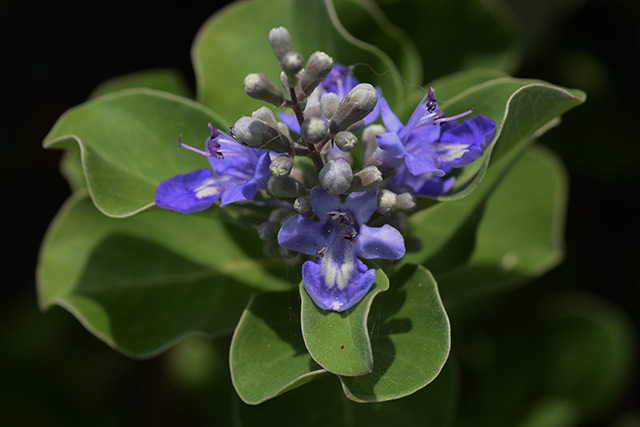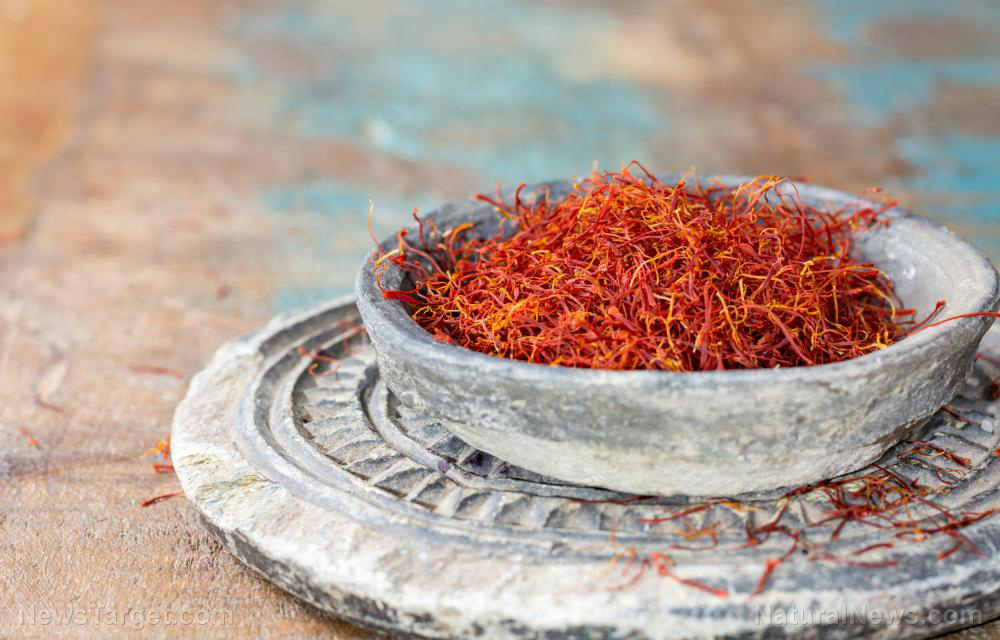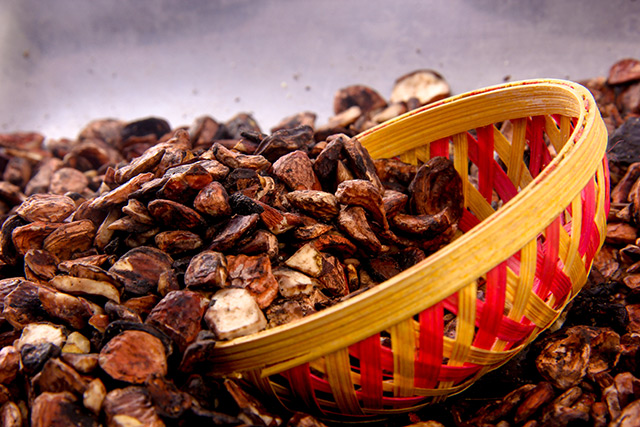L-arginine supplementation improved by cytosolic calcium maintenance
05/29/2019 / By Evangelyn Rodriguez

In this study, researchers from the University of New England in Maine explored the metabolic link that is responsible for AMPK functional modulation during continuous L-arginine exposure. The results of their study were published in the journal Nutrition Research.
- Continuous dosing leads to the loss of therapeutic benefits associated with short-term L-arginine supplementation.
- The functional modulation of AMP-activated protein kinase (AMPK) correlates with the therapeutic effectiveness of L-arginine and with the development of tolerance during continuous supplementation.
- The researchers incubated HUVECs for seven days with 100 micromoles per liter (umol/L) L-arginine in the presence or absence of other agents.
- They monitored their effects for eNOS function and on tolerance sparing (cellular glucose accumulation and oxidative stress).
- They reported that HUVEC co-incubation with L-arginine and ?1200 milligrams per milliliter (mg/mL) calcium (Ca2+) for seven days prevented tolerance development, with an increase in eNOS and AMPK functional activity, and overall cellular glucose uptake.
- The overall cellular cytosolic Ca2+was below 200 nanomoles per liter (nmol/L) with no change in cellular glucose and superoxide/peroxynitrite (O2•?/ONOO?) level from control.
- The researchers observed at least 70 percent decrease in eNOS and AMPK functional response, with a reduction in glucose uptake, and an increase in O2•?/ONOO? in cells exposed for seven days to L-arginine at Ca2+co-incubation concentration of >1200 mg/mL.
- The >1200 mg/mL Ca2+ co-incubation condition also improved the overall cellular Ca2+to >200 nmol/L.
- The researchers observed a similar tolerance response in cells co-treated with L-arginine and ?1200 mg/mL Ca2+ in the presence of Ca2+ influx inhibitor (20 umol/L 1,2-bis(o-aminophenoxy)ethane-N,N,N?,N?-tetra acetic acid), or eNOS activity inhibitor (30 umol/L l-NG-nitroarginine methyl ester).
- They did not observe a tolerance response in cells incubated for seven days with L-arginine and ?1200 mg/mL Ca2+, even in the presence of the inhibitor for cellular glucose induction (30 umol/L 5-chloro-2-(n-(2,5-dichlorobenzenesulfonamide))-benzoxazole).
The researchers concluded that maintaining cytosolic Ca2+ within a threshold limit of less than 200 nmol/L is necessary to extend the therapeutic efficacy of L-arginine during continuous dosing, without any potential tolerance development.
Journal Reference:
Mohan S, Harding L. MAINTENANCE OF CYTOSOLIC CALCIUM IS CRUCIAL TO EXTEND L-ARGININE THERAPEUTIC BENEFITS DURING CONTINUOUS DOSING. Nutrition Research. October 2016;36(10):1114–1120. DOI: 10.1016/j.nutres.2016.07.002
Tagged Under: alternative medicine, AMPK, calcium, cellular glucose, cytosolic calcium, heart health, immune system, l-arginine, natural cures, natural medicine, oxidative stress, prevention, remedies, research, supplements



















